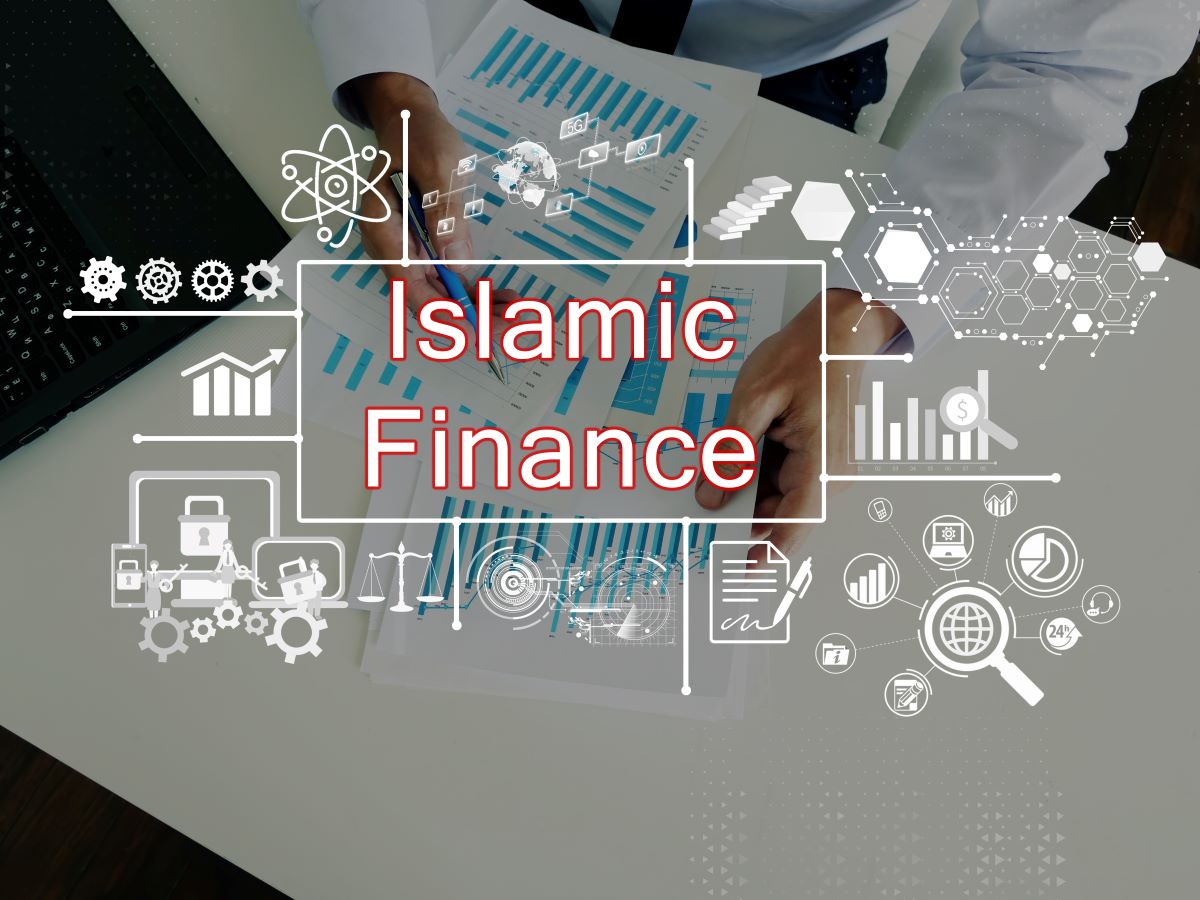A new report from Moody’s Investor Service highlights the ‘still underdeveloped’ state of the Islamic banking industry in Africa. Recent figures show that Shariah-compliant assets only account for 2 percent of global Islamic banking assets. This comes despite the continent being home to 28 percent of the world’s Muslim population,
Growth challenges
Among the hurdles impeding their growth is stiff competition with traditional banks. In other countries, the biggest challenge comes in the form of a lack of awareness about Islamic banking products.
Another constraint is the legal and regulatory landscape within the African Islamic banking sector, which is still at the nascent stage. On a positive note, the report noted that several jurisdictions are already seeing some progress. These include Morocco, Nigeria, and the West African Economic and Monetary Union (WAEMU).
“The Islamic banking industry remains underdeveloped in Africa as product awareness and sector competitiveness lag domestic conventional peers in some countries. However, legal, regulatory, and tax frameworks are progressing well in some jurisdictions,’’ said Mik Kabeya, vice president and analyst at Moody’s.
Among all African territories, Sudan has the best performance, with all of its banks adhering to Shariah. Meanwhile, Djibouti, a neighboring country, has 25 percent of its banking sector as Islamic.
In Egypt, Morocco, Tunisia, Algeria, Libya, and Senegal, where the Muslim population constitutes over 90 percent of the total population, Islamic assets comprise less than 6 percent of the entire banking system. The same trend is seen in Nigeria. While Muslims make up half the population, Islamic banks account for only 3.5 percent of the financial landscape.
Read: Saudi plans new sukuk worth $9.6 bn
Islamic finance in MENA
Moody’s report underscores how Islamic finance is yet to grow in Africa. Looking at a bigger context, the industry in the Middle East and North Africa (MENA) is poised to experience substantial development.
According to Mohamed Damak, S&P’s global head of Islamic finance, digital sukuks are among other things that can fuel this growth. Digital sukuk is a modern form of a Shariah-compliant bond.
Unlike a conventional sukuk, it relies on digital processes rather than paper documentation. This innovation in the Islamic finance space comes at a time when the region sees an increase in automation and digitalization efforts.
Digital sukuk has gained popularity, especially during the COVID-19 pandemic. It is further expected to streamline the issuance process for both investors and issuers, thanks to its paperless nature.
In 2022, the global sukuk market was valued at $193.2 billion, with leading issuers originating from Saudi Arabia, Malaysia, and Indonesia.
For more banking and finance news, click here.








